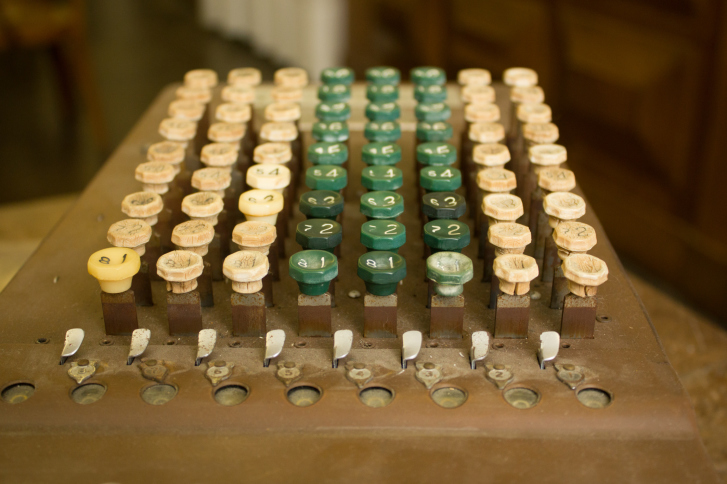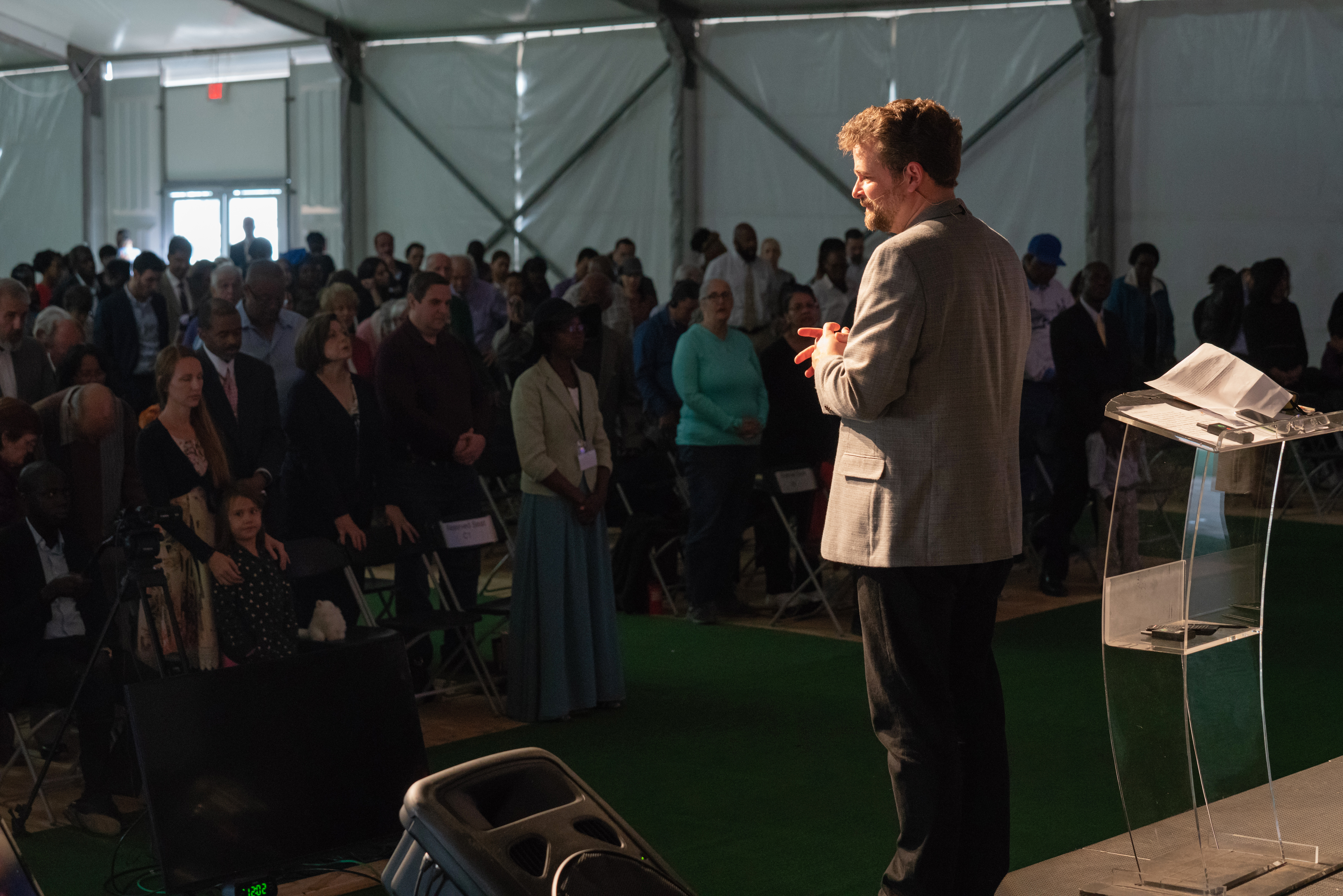
Enigma
Marian Rejewski, Jerzy Rozycki and Henryk Zygalski. Never heard of them? If it weren’t for these three men, I might not exist, and the same is likely true for you.
In 1939 the real possibility of another world war loomed over Europe. Poland fell to the Nazis that year, and the invasion happened so quickly that it stunned the world. Poland was clinically dissected and parceled out between Nazi Germany and The Soviet Union. A quick invasion that, thankfully, was not unanticipated.
When the Nazi party came to power in 1933, the Polish government’s suspicions that they intended to annex parts of their country were quickly confirmed. Already in 1932 Poland’s Cipher Bureau was working on a solution to the Nazi’s secret weapon. The Enigma machine. 
The Enigma was a ciphering, or coding, machine and was first used for commercial purposes. In Weimar Germany, business owners used it to encode messages with trade information. The Enigma was adapted by the Nazis and used for military purposes.
I don’t recall just how Poland’s Cipher Bureau learned of the Enigma, but however they heard about it, their response was brilliant. As early as 1932 they set their brightest minds on cracking the code. That year young Rejewski created a replica of the machine without ever seeing one! Rejewski, Rozycki and Zygalski, Polish mathematicians and cryptographers, set out to crack the Enigma’s code.
Just five weeks before the September Invasion of Poland the three Polish cryptographers and a handful of their colleagues met with French and British intelligence representatives. In a decision that couldn’t have been easy, they handed over the Enigma replica created by Rejewski and all of their research. The British intelligence officers whisked it away from Warsaw and into safety.
Rejewski, Rozycki and Zygalski managed to escape from Poland, ending up first in France and then bounced across Europe as they aimed to stay one step ahead of the Nazis. They never again worked on solving the riddle of the Enigma, but their efforts changed the course of the war. Rejewski and Zygalski survived the War and in 2000 were posthumously honored for their roles in solving the Enigma code.
The puzzle of the Enigma was eventually solved by mathematicians and cryptographers at Britain’s Bletchley Park. The Allies’ ability to crack the Axis codes saved untold lives during key points in the War, the Battle of the Atlantic,being pivotal.
The ability to read encoded messages in advance significantly shortened the War. Harry Hinslely, an English historian who worked at Bletchley Park, said that cracking the Enigma’s code “shortened the war by not less than two years and probably by four years.”
My dad was born in England—just across the water from German occupied territory—in July of 1944. I shudder to think of what a prolonged war would have meant for he and my grandmother. Would the air bombings have continued, or would the Nazi soldiers have made it to their shores? The day my dad was born, my mother’s father sat in a German Prisoner of War camp in France. A place he’d been since October of 1942. Grandad might not have survived another two years of planting turnips and whatever else he suffered during those years—he told me about the turnips. Nothing else. Another four years in a POW camp? Unthinkable.
For many, years Rejewski, Rozycki and Zygalski received little recognition for the part they played in winning the War. Their recent honors were long overdue. It took three humble men putting their egos aside and their life’s work in another’s hands to win the battle.
We’re fighting an eternal battle right now—right this minute. Can we do it alone? Egos aside, we need each other to win.



